|
||||
|
||||
|
|
||||
|
Banking and payment card scams 🏦🏧💸 Banking and payment card scams involve the fraudulent use of a victim’s card details to withdraw cash or buy goods. With cases of card fraud on the increase, it’s more important than ever to protect your card details when you’re out and about and when you're shopping online. Phone scams☎📞📱Your bank and the police will never ring 📞and ask you to verify your PIN, withdraw cash or purchase high-value goods. They’ll also never come to your home to collect your card💳, cash 💰or purchased items. If you get a call like this, end the call📵. If you get a call from your bank🏦 or the police👮♀️, make sure you know who the person is before handing over any personal details🤦♂️. You can do this by calling your bank (the number on the back of your card💳) or the police (101) on a different phone line. To get a different line, use a phone owned by a family member, friend or neighbour. This is because scammers can keep phone lines open after pretending to hang up! So while you think you’re making a new phone call, the line is still open to the scammer, who pretends to be someone from your bank or the police (also see Courier fraud). Depending on your bank, the security questions they ask may be different, but they’ll never ask you to authorise anything by entering your PIN into your phone X X X X . Never send money abroad💸✈ to a person you've never met or to anyone you don’t actually know and trust. Likewise, never agree to keep your online relationship a secret🤫. This is a ploy to get you not to tell your family👨👩👧👦 and friends, who’ll see the scam for exactly what it is. Equally, don’t accept any offer of money. A scammer may ask you to accept money from them into your own bank account, using a convincing story as to why they can’t use their own account. The circumstances may seem genuine, but you may unwittingly be committing the criminal offence of money laundering🧺🧼. | ||||
Reply to this message | ||||
|
||||
|
|
|






